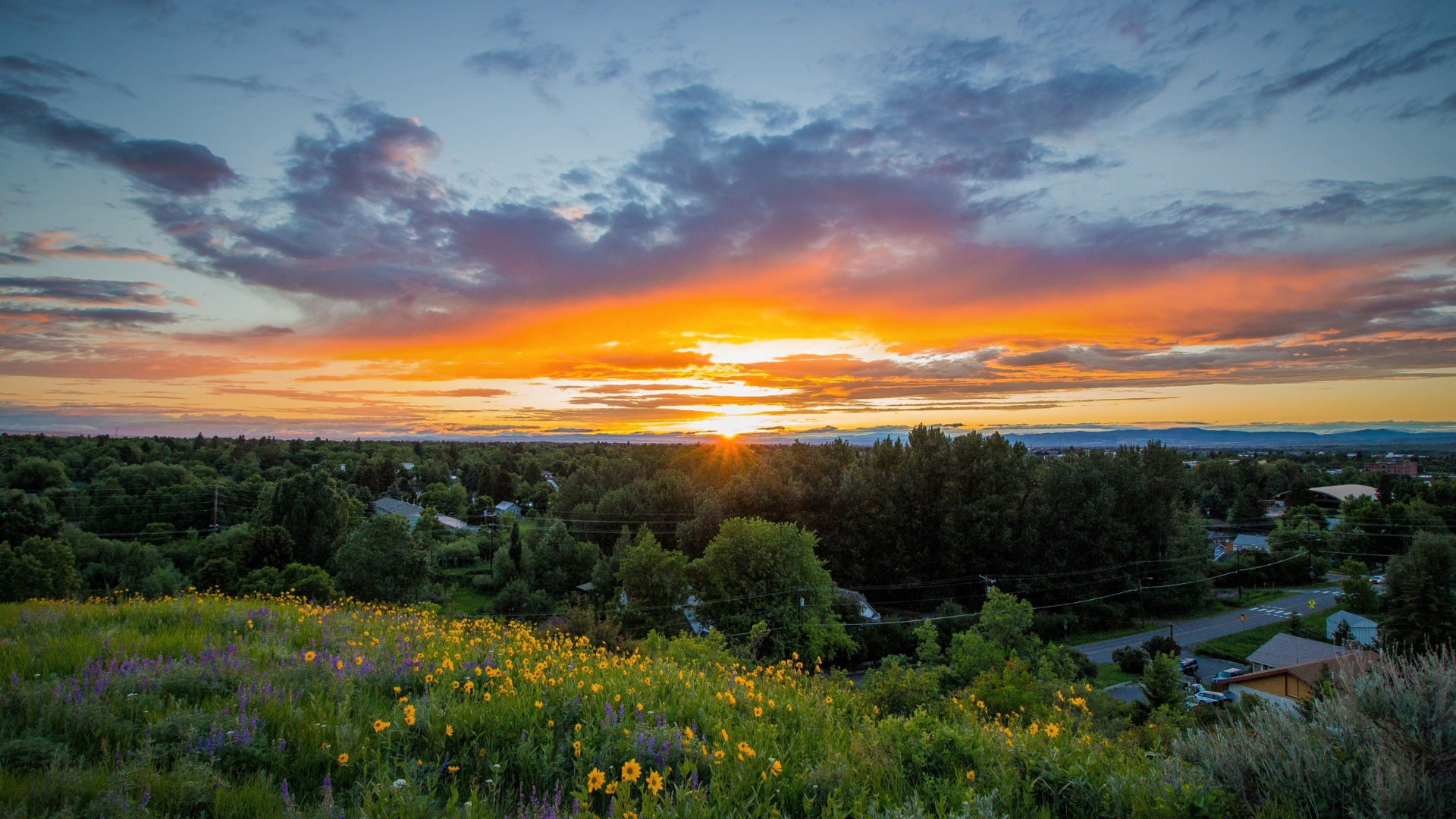New washers and dryers can sense sense when it’s a time of low demand on the energy grid — and fire up.
“The future is coming,” said Dwight Rose, with IBEW Local 44, the International Brotherhood of Electrical Workers. “We’ve got to figure out how we’re going to power this somehow.”
Rose was speaking in favor this week of a proposal the Montana Legislature approved to study Montana’s energy generation capacity, Senate Joint Resolution 33. Sen. Christopher Pope, D-Bozeman, pitched the measure, and in committee Wednesday, he shared his rationale.
“This session, we’ve had a continuing, and at times very challenging, conversation about our state’s energy future,” Pope said.
But he said something has been missing: “Lacking in that conversation, in my opinion, has been a legislative vision — I’m a bit of a Pollyanna here — a bipartisan, legislative vision for how we see that future going forward.”
A couple of measures lawmakers debated this session would have lent support for NorthWestern Energy to purchase more of the coal-generated electricity plants in Colstrip from other owners.
Opponents argued the proposals, which would have stripped the Montana Public Service Commission’s authority to set fair terms for both the utility and ratepayers, wouldn’t have helped save jobs in Colstrip or even ensured the plants stayed open.
Lawmakers didn’t move ahead with those measures, but the monopoly utility notes it needs more readily available capacity, especially for times of day when energy use is high, and people across the political spectrum have agreed.
Meanwhile, the clock is ticking on the plants in Colstrip because several owners need to phase out their use of coal.
“I think with what’s going on in Colstrip, everyone is kind of coming to the conclusion that we need to figure out what’s going on before it’s too late,” Rose said.
Pope said the goal of the study is to understand the future generation resources that will be necessary to deliver energy that’s affordable, reliable, clean, and resilient for the quality of life in Montana and for a well-functioning economy.
First of all, Pope said lawmakers should understand if one hypothesis is true: “We’re told that we’re short on capacity, and that it’s going to get worse.”
He suspects that’s the case, but wants to find out for sure.
If it’s true, in what ways can energy efficiency help? If more people use washers and dryers when demand on the grid is lower, that will help, but Pope said energy efficiency doesn’t help the utility.
NorthWestern Energy makes money if it builds a power plant. So what is the best way to encourage the utility to increase capacity in other ways, such as investing in other technologies?
Additionally, Pope said, lawmakers should understand to what degree they can expect regional markets to help reduce capacity requirements in the state, and also what Montana needs to do to modernize its system and ensure it’s interconnected.
He anticipates that moving ahead will require an investment of billions of dollars in the next decade or two, and he said legislators have a responsibility to their constituents to see a path forward.
He also said it’s important to figure out how to avoid the energy crisis in Texas when a storm hit, power went out, and people died. An analysis by the Houston Chronicle cited in a Forbes story about the energy grid counted at least 194 deaths, including fatalities from hypothermia and people whose medical devices failed without power. The report noted the death toll would likely tick up.
In Montana, Pope said a study should look at emerging and future technologies, and it should evaluate a wide spectrum of resources. Wind and solar with storage should be in the mix, he said, as should green hydrogen and advanced nuclear power.
“We need to look at the whole piece,” he said.
He said he envisions people from the academic world, business, and government being involved in the study. The resolution notes results should be completed by September 2022 and will be reported to the 68th Montana Legislature.
Chris Pope, Legislator Gallatin County, Daily Montanan 5/3/21

